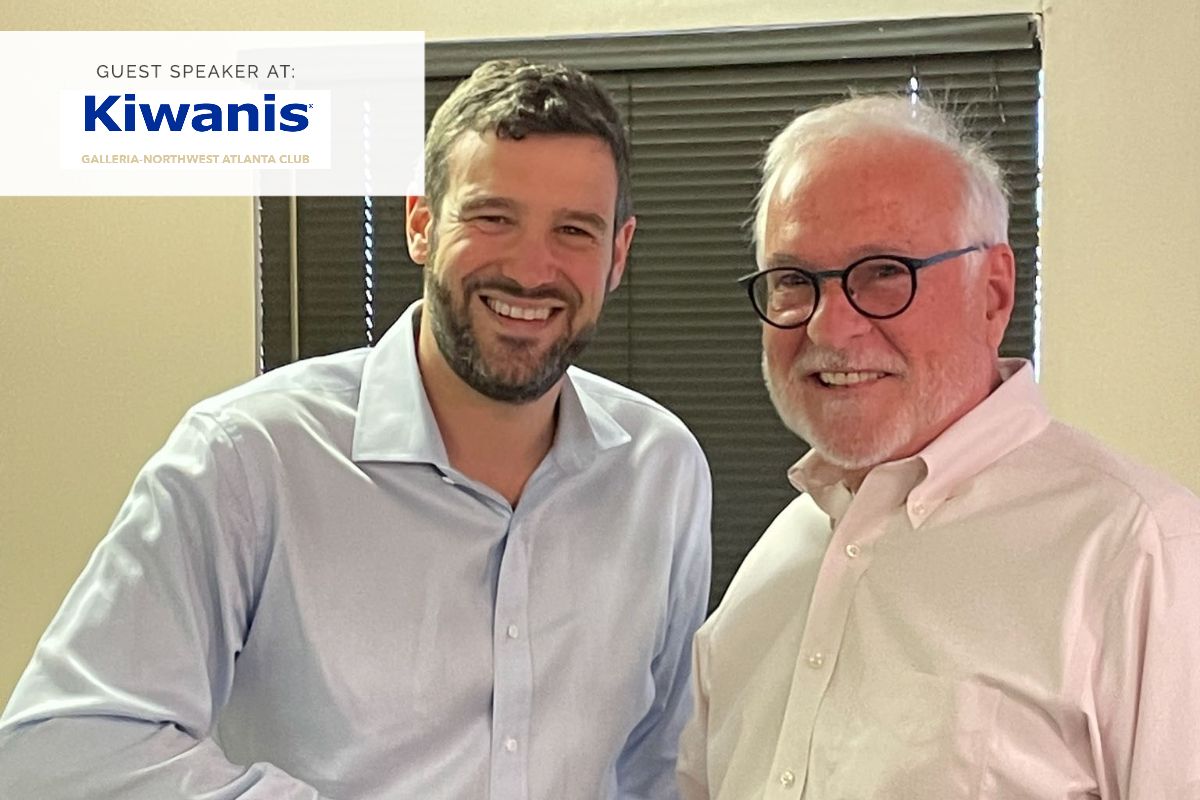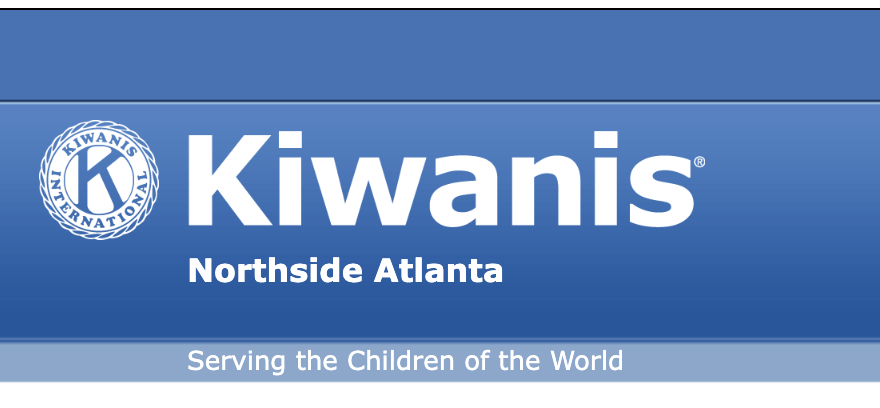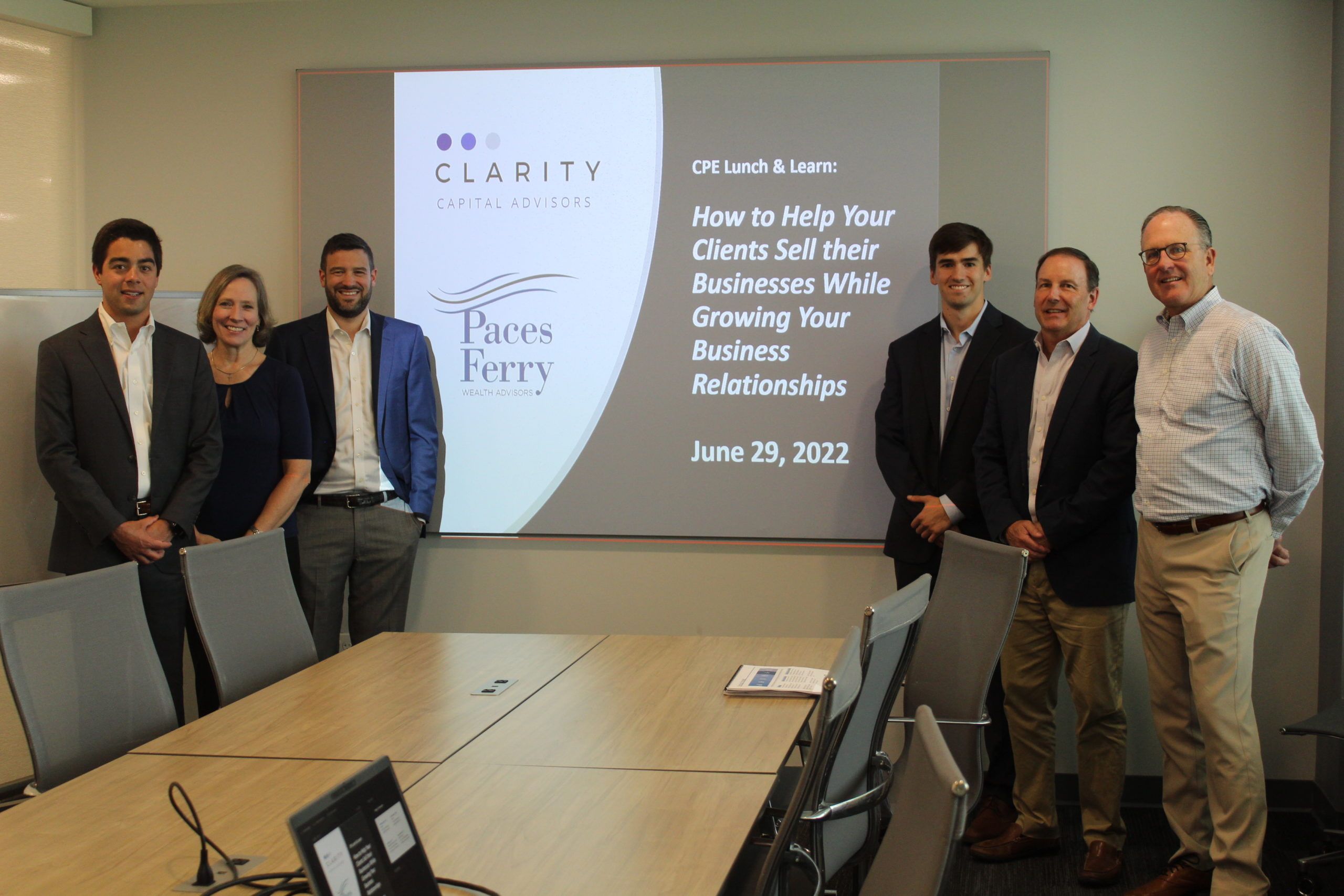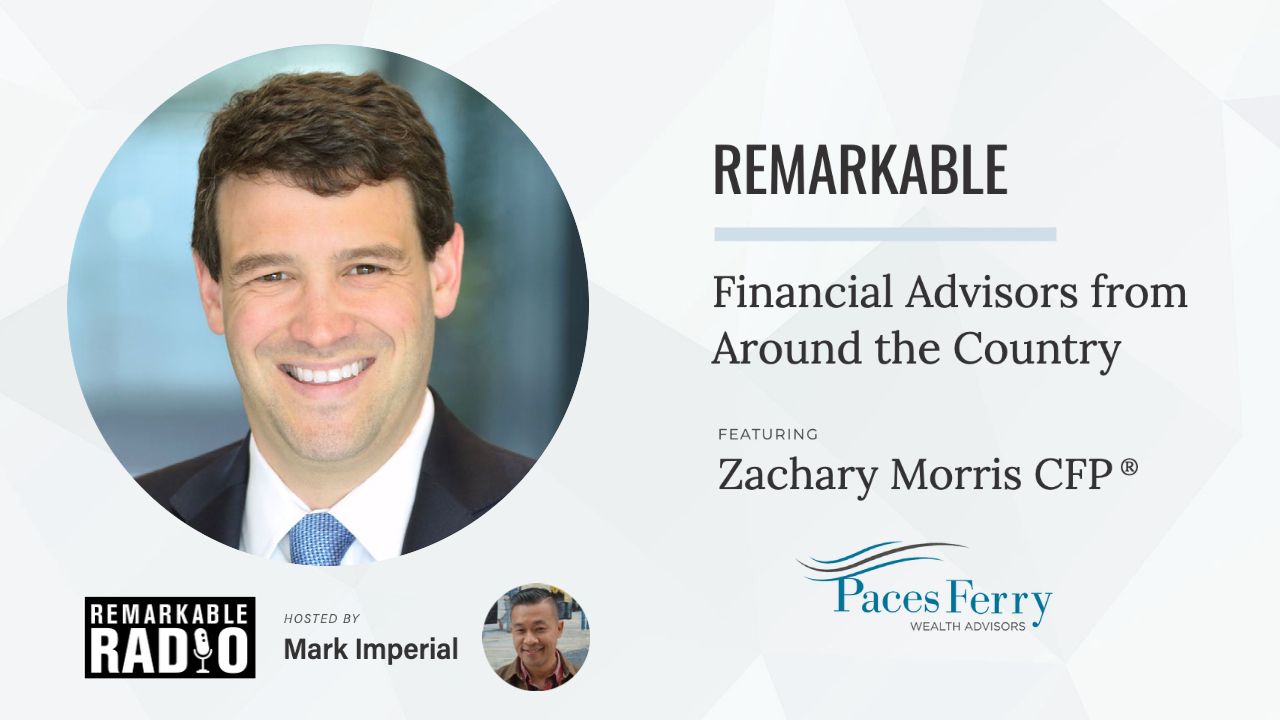Tag: financial advice
Zachary Morris CFP® featured in Investor’s Business Daily
Written by Zachary Morris, CFP® on .
Zachary Morris CFP® featured on MarketWatch
Written by Zachary Morris, CFP® on .
Zachary Morris CFP® Guest Speaker at Kiwanis Club of Northside Atlanta
Written by Zachary Morris, CFP® on .
CPE Lunch & Learn
Written by Zachary Morris, CFP® on .
Zach Morris is Interviewed for Remarkable! Radio Show | Financial Advisors around the Country
Written by admin on .
Mark Imperial, host of the Remarkable! Radio Show, sits down with Zach Morris, as part of a series spotlighting remarkable financial advisors from around the country. Zach shares why he founded Paces Ferry Wealth Advisors, the importance of the client experience, setting clients up for retirement success, and whether the pandemic has changed financial planning. Zach and Mark discuss why steady hands prevail in any type of environment, and why a full financial plan is more important to clients than simply focusing on a particular level of risk.

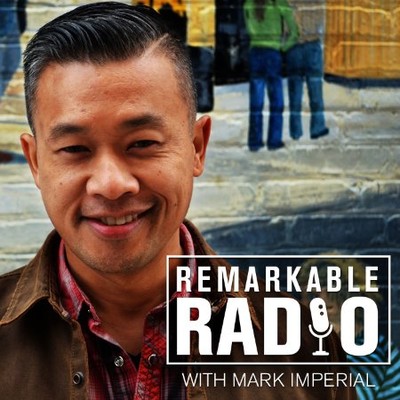
OTHER PACES FERRY NEWS

Paces Ferry Wealth Advisors, LLC is a registered investment advisor with the U.S. Securities and Exchange Commission (“SEC”). This material is intended for informational purposes only. It should not be construed as legal or tax advice and is not intended to replace the advice of a qualified attorney or tax advisor.
Zach Morris was Recently Featured in CNBC Article for New Parents
Written by admin on .
In an article published by cnbc.com providing financial advice for new parents, Co-Founder Zach Morris offered his insight on childcare and healthcare. Here’s a snip of the article:
Adding another member to your family also adds a myriad of new financial considerations and expenses. A middle-class couple can expect to spend more than $230,000 to raise a child, not including college costs. One estimate found that by 2036, four years at a private university will cost around $303,000, up from $167,000 today.
Childcare and health care
Childcare is often the biggest immediate expense new parents will face, Richardson said. (Many families will spend more than $1,000 a month on the care.)
In some cases, one parent will decide to leave their job and take care of the child themselves, said Zach Morris, a CFP and founder of Paces Ferry Wealth Advisors in Atlanta.
How to Maximize Your Stock Options
Written by Zachary Morris, CFP® on .
The Key Considerations You’ll Need to Best Leverage this Employee Benefit
Stock options have become a popular way for employers to compensate employees and incentivize high-quality work. Not only are they convenient and cost-effective for the employer, but they provide employees with added value for a job well done. When employees feel valued and do good work, the company’s stock value rises, and everyone wins.
Since stock options aren’t as cut and dry as a normal paycheck, though, many employees don’t fully understand how to make the most of them. Below we’ll discuss how stock options work, when to exercise them, and how to maximize this type of compensation.
The Basics of Employee Stock Options
When an employer offers stock options as part of your benefits package, it means you’ll have the opportunity to purchase a certain amount of company stock for a set price called the “grant price”, and typically within a set time frame. Most often, employers want to incentivize you to stay with the company long-term, so you may have to wait until your stock options vest – that is, until they reach the point in time when they become available to you to exercise. This means new employees usually can’t take advantage of them right away. Once they vest, you’ll have a specific time period in which to use your stock options before they expire.
Planning Assumptions That Should Be Avoided
Written by Zachary Morris, CFP® on .
Even the Most Disciplined of Planners Can Fall Victim to Faulty Planning Practices
Even if you consider yourself an accomplished and disciplined planner – and, perhaps, even more so if you fall into this category – it’s uncomfortable to face unexpected financial hurdles. Since no one can perfectly plan for the unexpected, however, it happens from time to time. It could be that your career takes a turn you didn’t foresee, or maybe your child’s college education ends up far costlier than you expected. All of a sudden, you find yourself facing a future where your savings goals may be in jeopardy.
Although no planning is foolproof, avoiding some common – and faulty – planning assumptions can help ensure your long-term goals won’t be in danger.
Which Assets Belong in Your Living Trust – and Which Don’t?
Written by Zachary Morris, CFP® on .
Guidance on How to Fund Your Trust
If you’re considering setting up a living trust, know that there is more to it than simply meeting with a lawyer and signing the appropriate paperwork. Your trust won’t have any power until you fund it. To do so, you’ll need to strategize about which assets you’ll put in the trust, and then complete the necessary transfers.
For most people, there are assets that make sense to transfer to your trust, but others that you’re likely better off leaving outside the trust. Below we’ll dig into the details of both. First, though, let’s discuss the basics of a living trust.
Why Choose a Living Trust?
If you’re looking to manage your assets during your lifetime and find a way to easily pass them to your beneficiaries when you die without going through the hassles of the court system, a living trust is for you. This legal structure allows your estate to bypass probate, which is advantageous for several reasons.
Not only is probate complex, time-consuming and expensive, it also means your estate information will become public record. A trust, on the other hand, allows you to keep your finances private. Furthermore, this legal instrument gives you more control over which of your heirs get certain assets, and even when they are able to access them. For example, you could choose to pass some of your assets to your children when they turn 18, with a percentage held back until they reach age 40.
- 1
- 2
